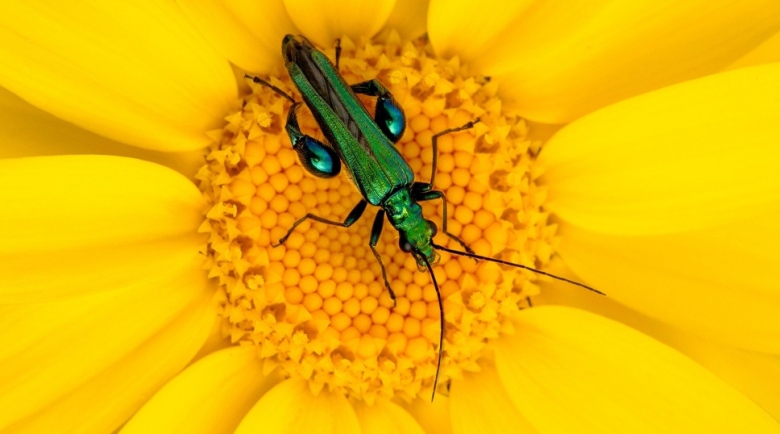
This is the conclusion of research, looking at ‘deforestation lag’. Deforestation causes species to go extinct as their habitat shrinks, but it takes time for loss to take full effect. The study modelled what would have happened if deforestation across regions of the Amazon, Congo and southeast Asia had halted in 2010.
It suggests that 140 vertebrate animals, such as rats and reptiles, would still go extinct in the future as a result of the forest clearance that had already taken place. Invertebrate species, such as worms and insects, which play critical roles in forest ecosystems, would also likely become extinct in spite of deforestation halting, but their loss is harder to quantify.
Deforestation does not cause extinction of a species immediately, as the animals that remain try to adapt to their changed environment. Lead author of the study Dr Isabel Rosa of Imperial’s Department of Life Sciences said: “The lag between the deforestation event and species extinctions causes ‘deforestation debts’, which build up over time, as more and more deforestation takes place. These still need to be paid, even after forest loss has stopped.”
Many conservation efforts focus on preserving untouched forests, and while this will help prevent further losses, Dr Rosa says this is not enough, and more must be done to save those already affected by deforestation.
“Protecting untouched forests prevents more damage, but cannot help the species already on the brink of extinction. Instead, we need to complement preservation with restoration of areas damaged by forest clearance,” she said.
“With restoration, we can avoid paying some of the deforestation debt and save species otherwise doomed to extinction.”
